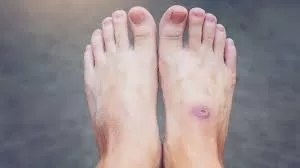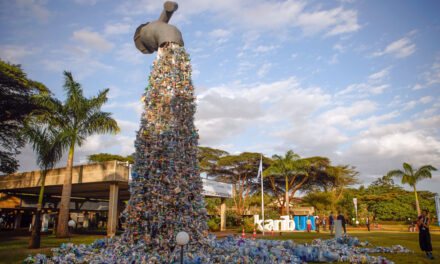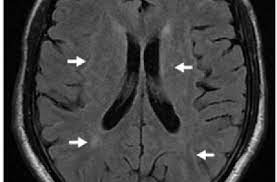
A recent study featured in Nano Today, led by researchers from the University of Pittsburgh and UPMC, has unveiled that diabetic individuals exhibit flawed exosomes, which can result in inflammation and hinder the process of wound healing. Exosomes, minuscule particles responsible for transmitting signals between cells, are unable to convey crucial messages to cells that facilitate wound recovery in chronic wounds of diabetes patients, as discovered by the team led by Dr. Subhadip Ghatak, an associate professor of surgery at Pitt.
These findings present an opportunity for novel therapies centered around exosomes to enhance the healing of persistent wounds. “In patients with diabetes, wound healing is impaired because of excess inflammation,” noted co-senior author Dr. Chandan Sen, the director of the McGowan Institute for Regenerative Medicine, a professor of surgery and plastic surgery at Pitt, and the chief scientific officer of UPMC Wound Healing Services. “Left untreated, these non-healing, or chronic, wounds can lead to limb amputations. More than 100,000 diabetes-related amputations occur in the U.S. each year, but by understanding more about wound healing and developing new therapies, our goal is to bring down this number.”
Through the utilization of negative pressure bandages that delicately apply suction to wounds to stimulate healing, Ghatak and his team gathered wound fluid from chronic wounds of 22 diabetic and 15 non-diabetic patients. “These bandages would normally be thrown in the trash can, but wound fluid is actually a very valuable sample that reflects what’s going on throughout the wound,” explained Sen, who also serves as the associate vice chancellor for life sciences innovation and commercialization. “For example, if the wound is infected, the fluid will carry traces of that infection.”
The researchers proceeded to isolate and scrutinize exosomes generated by skin cells known as keratinocytes. Once these particles are loaded with various components, including RNA, lipids, and proteins, they are released from the cell and taken up by macrophages, immune cells that coordinate wound healing. “If signals contained within exosomes are correct, the macrophage knows how to resolve inflammation in the wound,” clarified Sen. “In diabetes, crosstalk between keratinocytes and macrophages is compromised, so macrophages keep driving inflammation and the wound can’t heal.”
Referred to as diaexosomes, exosomes from diabetic individuals displayed distinct compositions of RNA, lipids, and proteins compared to those from non-diabetics, indicating an altered cargo packaging process in diabetes. Furthermore, diabetes interferes with the release and absorption of exosomes in wounds. The quantity of diaexosomes in wound fluid from diabetic patients was considerably lower than that of exosomes in non-diabetics, and macrophages took up significantly fewer diaexosomes.
When non-diabetic macrophages were exposed to exosomes, they produced compounds indicative of inflammation resolution, signifying that they had received the exosome’s message and responded appropriately to initiate wound healing. Conversely, when the experiment was repeated with diaexosomes, the macrophages generated pro-inflammatory compounds commonly found in diabetic patients with chronic wounds. “Diaexosomes drive deviation from the healing cascade, so that resolution of inflammation is compromised,” emphasized Sen. “And this isn’t just limited to wounds. Because exosomes are responsible for many functions in the body, diaexosomes could play a role in other diabetic complications. This study opens a new line of thinking.”
The researchers are presently exploring methods to target diaexosomes in order to enhance wound healing in diabetics. One approach, they suggest, is to develop therapeutics that reverse the chemical alterations occurring in diaexosomes. Alternatively, they could isolate exosomes from diabetic patients, load them with the missing signals, and then reintroduce them into the wounded tissue.











